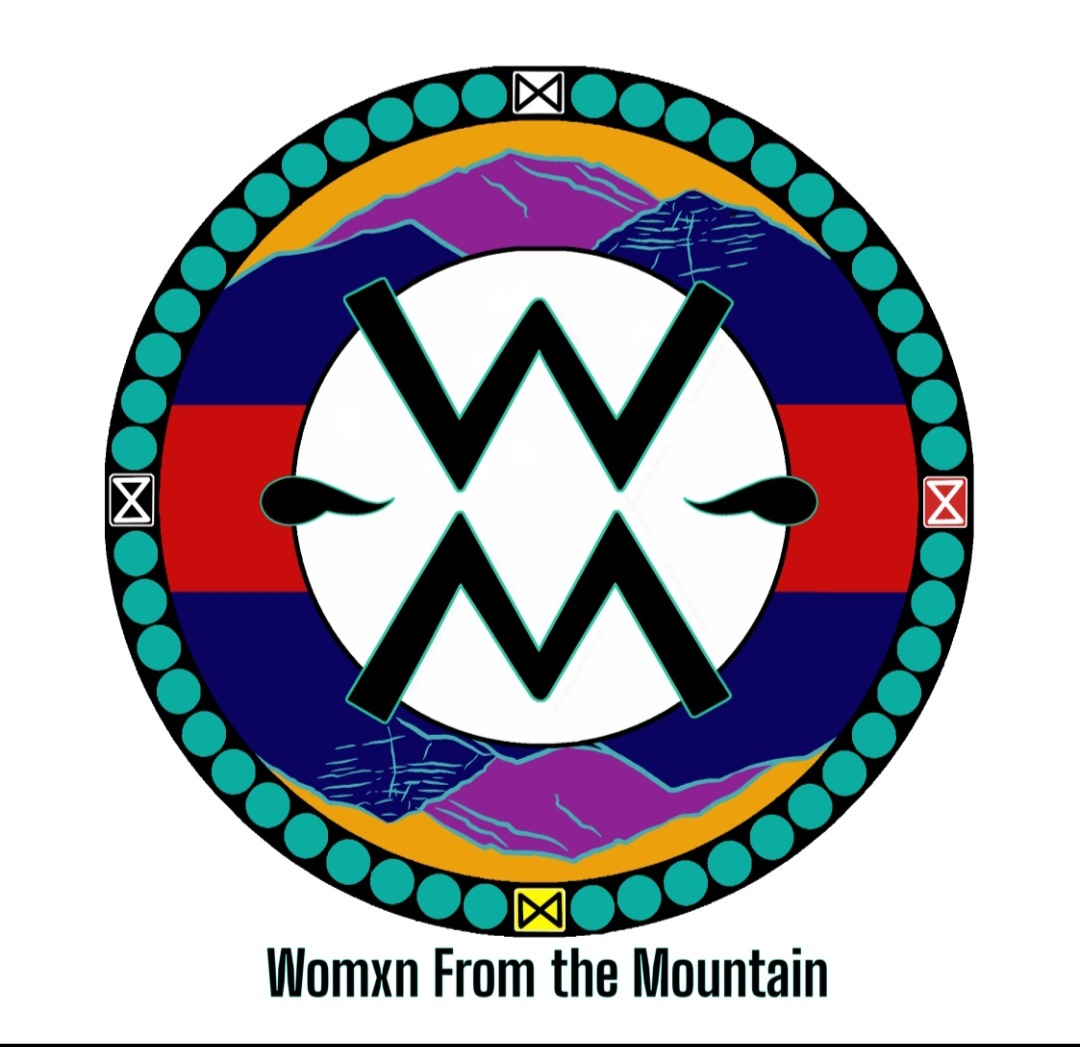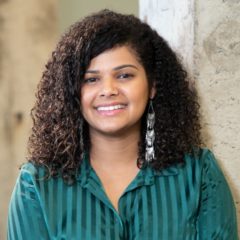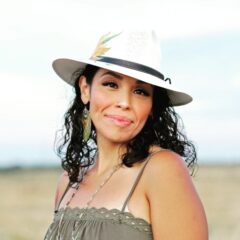Womxn from the Mountain is a small, yet mighty, women-led organization located on Arapahoe, Cheyenne, and Uté lands, sharing geography with Colorado. Womxn from the Mountain was founded in 2018 by two women, Renee Chacon and Mica Iron Shell-Dominguez, with goals to advocate for equity, transformative education, and culturally responsive healing arts for indigenous populations across Colorado. Since their founding, their work has also helped bring awareness to policymakers about the equity disparities across the energy and health sectors and the impacts that state energy siting has had on indigenous health.
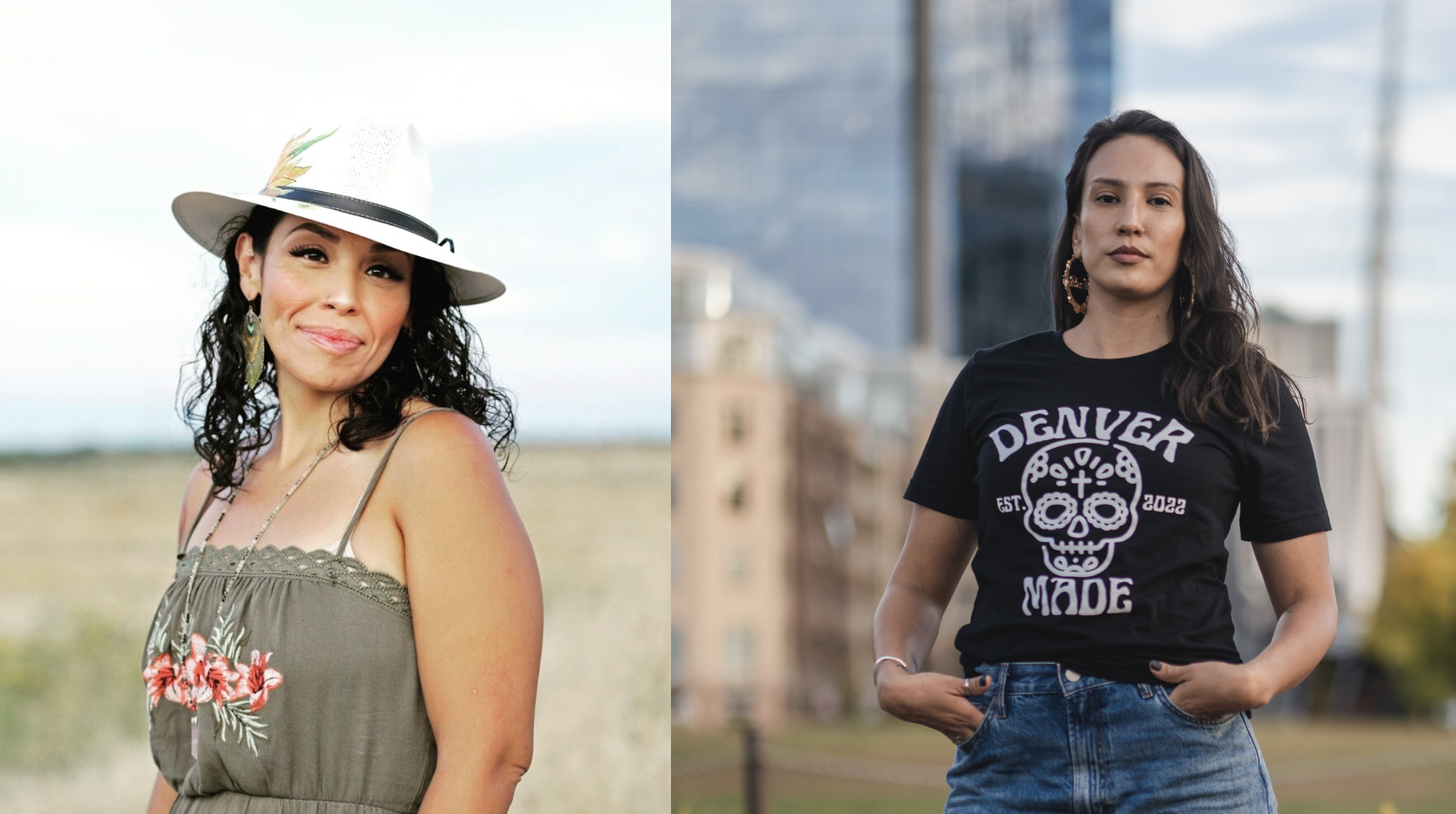
“Environmental justice is one of the few spaces that if you don’t respect the quality of life itself, you don’t understand the importance of the justice aspect of it,” says Chacon, who is motivated to continue this fight for her children and future generations. “I legitimately do it for my kids. I was raised also in a form that everyday is ceremony. So to some degree, this is my offering.”
Born out of a movement to bring attention to missing and murdered indigenous relatives in the area and its correlation to environmental justice, Womxn from the Mountain has since partnered with various groups across the state to inform and advocate for environmental policy in Colorado that protects the health of local residents. Partnering with organizations such as the National Association for the Advancement of Colored People (NAACP), GreenLatinos, and the Native American Housing Authority, they have collaborated to achieve local victories, including implementation wins and local organizing efforts. In conjunction with other area equity groups, Womxn from the Mountain helped propel an equity rulemaking at the Colorado Public Utilities Commission (PUC), paving the way for the PUC to adopt rules and practices informed by equity considerations. One goal of Womxn from the Mountain is to continue this collaboration and establish a new environmental justice coalition in the state composed of community members and community voices, “so that it’s not about us, without us,” says Chacon.
Womxn from the Mountain leverages collaborative, locally-grown relationships to enact change and expand their reach to additional frontline communities. In partnership with Cultivando, a non-profit focused on cultivating Latino leadership and health equity across Adams County, Colorado, they did a deep dive on the health impacts of a Colorado-based refinery adjacent to predominantly low-income and Black, Indigenous, People of Color (BIPOC) communities, who suffer serious health issues from the toxic air quality. “One big part of their work is community education and outreach to disproportionately impacted communities and frontline communities, and that’s been really crucial,” says Kati Lorenzo, U.S. Energy Foundation’s Program Manager for West Campaigns. Their community organizing work provides communities with information and resources needed to advocate for positive, lasting change.
In 2022, Governor Jared Polis appointed Womxn from the Mountain founders Chacon and Shell-Dominguez to serve as members of Colorado’s Environmental Justice Action Task Force. Here they developed a framework of policy recommendations encouraging state officials to engage with disproportionately impacted communities (DICs) and calling for more robust monitoring and recordkeeping requirements to help quantify emissions—a priority for Colorado’s native communities. “The framework that came out of that work is now guiding the state in how they move forward on environmental justice policy as a whole,” says Lorenzo. “Human quality of life now has to be a factor in that equity priority discussion,” says Chacon.
Womxn from the Mountain understands the importance of community and indigenous knowledge and wants to extend that awareness to non-indigenous communities and individuals. Coming from lands that were colonized by Mexico in the early 1840s, and again by the U.S. through the Treaty of Guadalupe Hidalgo in 1848, Womxn from the Mountain wants to reiterate that their communities are still here. Their community education and outreach yields symbiotic results for the greater Denver metro area, bringing critical information to indigenous populations and sharing indigenous knowledge with decision-makers.
“I come from indigenous communities,” says Chacon. “We do believe that we were stewarded from the last seven generations and it is our responsibility to steward the next seven generations in a safe and respectful way.” With this mindset, Womxn from the Mountain focuses much of their work on informing communities about the negative impacts of climate change and using indigenous knowledge to inform more equitable policy.
Chacon will be the first to tell you that this work does not come without challenges; Representation, capacity, and funding are all barriers to equity and success.
“I am one person of 48 different tribes,” says Chacon. “I’m allowed to speak in my area. I’m allowed to speak for the communities I’m allowed to speak for, but 48 different tribes need their own representative. I’m not a monolith and other tribes should be called in or other indigenous urban representatives can be called in too.”
When discussing capacity-building, Chacon shared that, “…until we build our own capacity first, Womxn from the Mountain is going to be competing with spaces and large groups that do great work, but if it’s only on paper and if there’s not direct action, my community won’t feel it for another 10 to 15 years.”
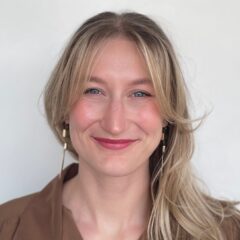
Story author Jacqueline Yandell was a U.S. Energy Foundation intern in the spring of 2024.
